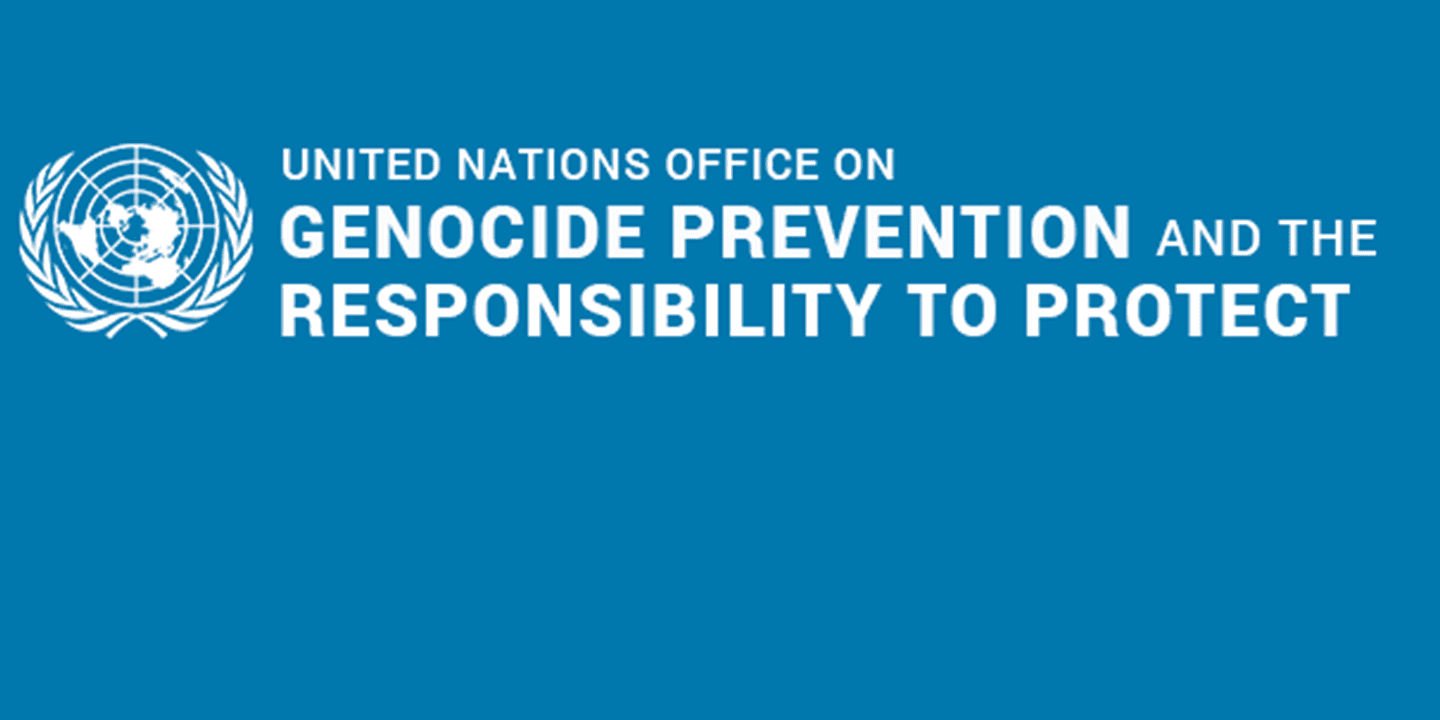
Statement by the UN Special Adviser on the Prevention of Genocide on the decision by the Republika Srpska National Assembly to revoke endorsement of the 2004 Srebrenica Commission Report, 2018
(New York, 16 August 2018) The United Nations Special Adviser on the Prevention of Genocide, Adama Dieng, raised concern at the 14 August decision by the Republika Srpska National Assembly to revoke its endorsement of the 2004 Srebrenica Commission Report.
“Rejection of the Commission’s findings is a step backwards for Bosnia and Herzegovina. It undermines the rule of law and national and international efforts to achieve justice for victims of crimes committed against people of all ethnicities during the 1992-1995 Bosnian war. In addition, given the timing of this decision, it is likely to exacerbate tensions ahead of the 7 October elections and damage prospects for long term stability and reconciliation.”
The Commission, which was set up by the Republika Srpska Government in 2003, found that from 10 to 19 July 1995, between 7,000 and 8,000 Bosnian Muslims went missing in Srebrenica and established that more than 1,000 Bosnian Muslims were killed, constituting a serious violation of international humanitarian law. Many of the findings of the Commission have been verified and confirmed by the verdicts of international, domestic, and foreign courts. Two international courts, the International Court of Justice and the International Criminal Tribunal for the former Yugoslavia, have determined that the massacre of Bosnian Muslims in Srebrenica constituted genocide.
During his visit to the Balkans in February 2018, Special Adviser Dieng observed that “It is evident that events of the past are being used for political purposes. Mistrust and outright hostility between political leaders representing different constituencies is preventing any significant progress towards reconciliation.” He raised concern at the rejection of judicial verdicts, glorification of war criminals and their crimes, the appointment of convicted war criminals to public functions and the negative impact that these developments would have on prospects for reconciliation in the country.